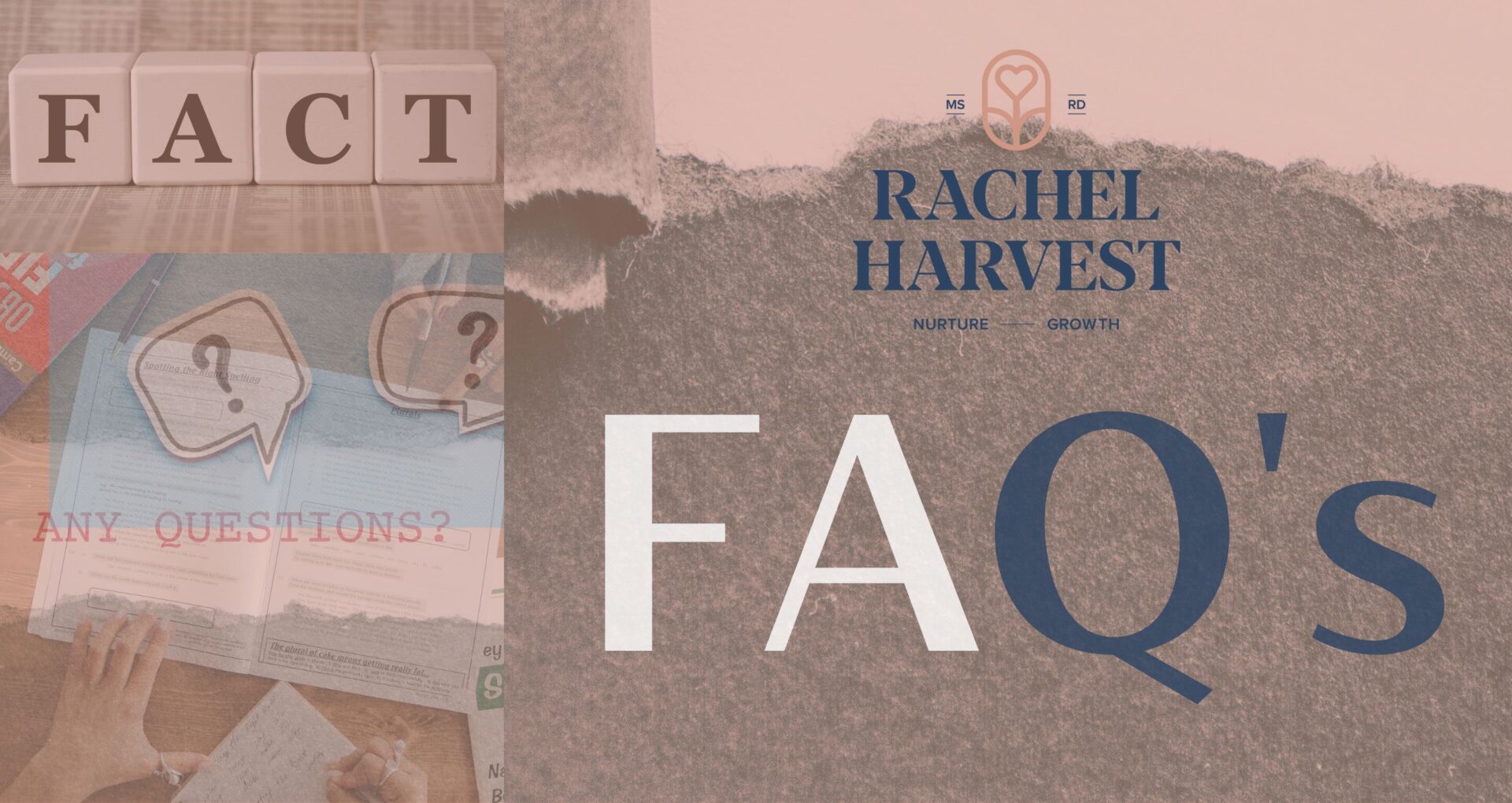
FAQs
Find Peace, Trust and Balance with Dialectical Behavior Therapy Skills
Where did Dialectical Behavior Therapy come from?
DBT was developed by Marsha Lenihan, Professor of Psychology, Psychiatry and Behavior Science at University of Washington. The skills are evidence-based and come from a compilation of tools for anxiety treatment, cognitive therapy, discipline, prayer and spiritual guidance, zen buddhism, acceptance and commitment therapy, cognate and social psychology and many more sources.
Is the course a therapy group?
No, this is not a therapy group. The modules/lessons are psycho-educational, not therapy or counseling. While this is not therapy, the skills can be applied in your life as you learn and master them. Rachel is available for one-on-one skills training outside of the course.
Who is the course for?
Though DBT was created for people with severe mental and personality disorders, it is really for everyone. At this point in our history as humans, there is a major lack in skills that this course offers. Mindfulness, Interpersonal Effectiveness, Emotion Regulation and Distress Tolerance can give anyone a healthy foundation for a wonderful life worth living. Learning your emotions and raising your Emotional Quotient (EQ) is life-affirming, soothing and even something that recruiters are looking for in new hires. It is a rare skill to be able to understand, read and respond to emotion.
Acceptance is a major part of this work. If you can settle in the fact that you are enough and that enough, in and of itself, is a declaration, not a place to get, your world will change and life will become so much more worth living. Possibility is a product of new realizations and a broader, less judgmental view of life

Dialectical Behavior Therapy (DBT) is a behavior therapy that is based in skill development. Through learning, practicing and becoming confident in mindfulness, interpersonal effectiveness, emotion regulation and distress tolerance skills, behavior change happens quite readily. DBT skills improve your resilience, help you create new, supportive points of view, better communication and present moment awareness.
Only $997How did Rachel get in to using DBT?
Rachel, initially, went through the DBT skills training as a student, which she encourages you to ask your friends and family members to do so you create an environment for yourself and them that has a specific intention and language. After learning and mastering these skills, Rachel began using them with her patients who suffer from eating disorders and borderline personality disorder. She found the skills so helpful and transferable to any and all behaviors that she began to use them with all of her nutrition patients and life coaching clients as a means to support the process of re-parenting (or, learning to parent/practice self-care for yourself). Her patients and clients began to flourish. This is where the idea to build this course came from. Everyone can benefit from learning these skills. Families, businesses, communities and social circles can use these skills to build better communication, better environments, closer connections and long-term, consistent and dependable relationships. This is also why the course is highly affordable and self-paced…so that anyone can access and benefit from it.
Do I need to join the FaceBook Group?
Yes! This group is your “class”. No matter what part of the course others are in, the skills work together. By checking the FaceBook group you will see what others are sharing which, no, doubt will speak to you at times. Rachel will pose questions/review lessons regularly to get you thinking and the conversation going. Lastly, when you share your work, insights and need for support the “class” and Rachel can be there to learn, engage and support you too. The group will, eventually, migrate to a private group via the course platform. For now, we will be using FaceBook. If you do not have a FaceBook account, it is encouraged that you open one and keep it private, only utilizing it for the group.